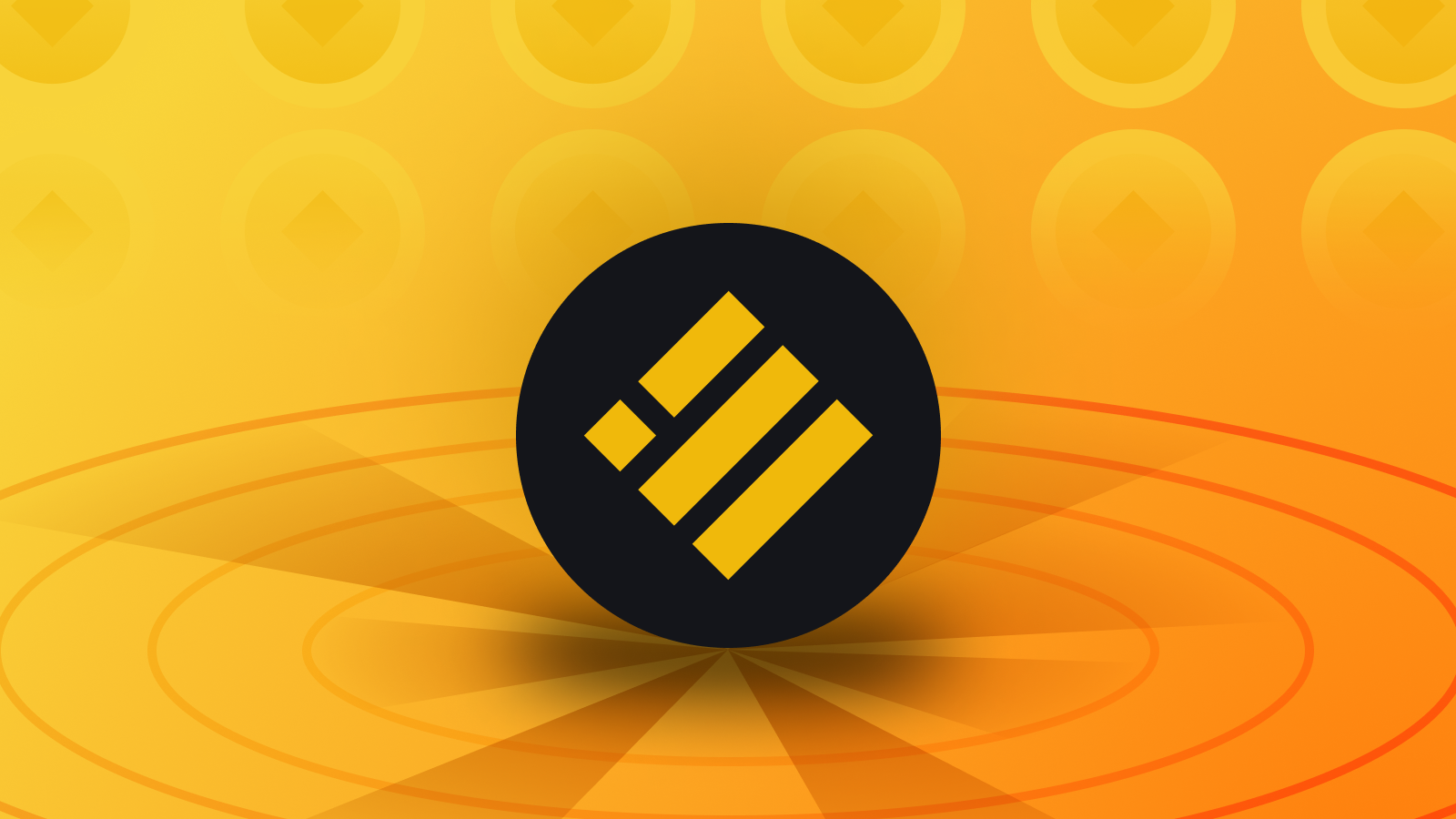
Принято считать, что безопасными активами можно назвать исключительно драгоценные металлы, такие как золото или серебро. Это инвестиции, в которые люди вкладываются, чтобы застраховаться от падений на традиционных рынках. Рассуждения на тему того, может ли биткоин конкурировать с такого рода активами, продолжаются. В этой статье мы рассмотрим некоторые из основных аргументов за и против того, чтобы первая криптовалюта стала средством сбережения.
Показать полностью... 




